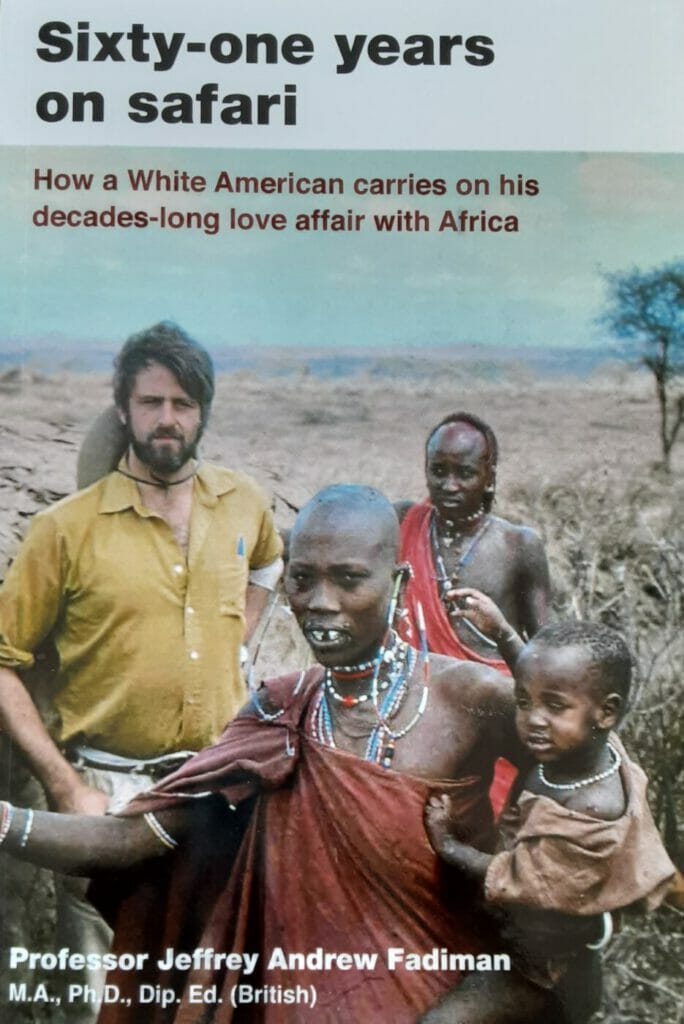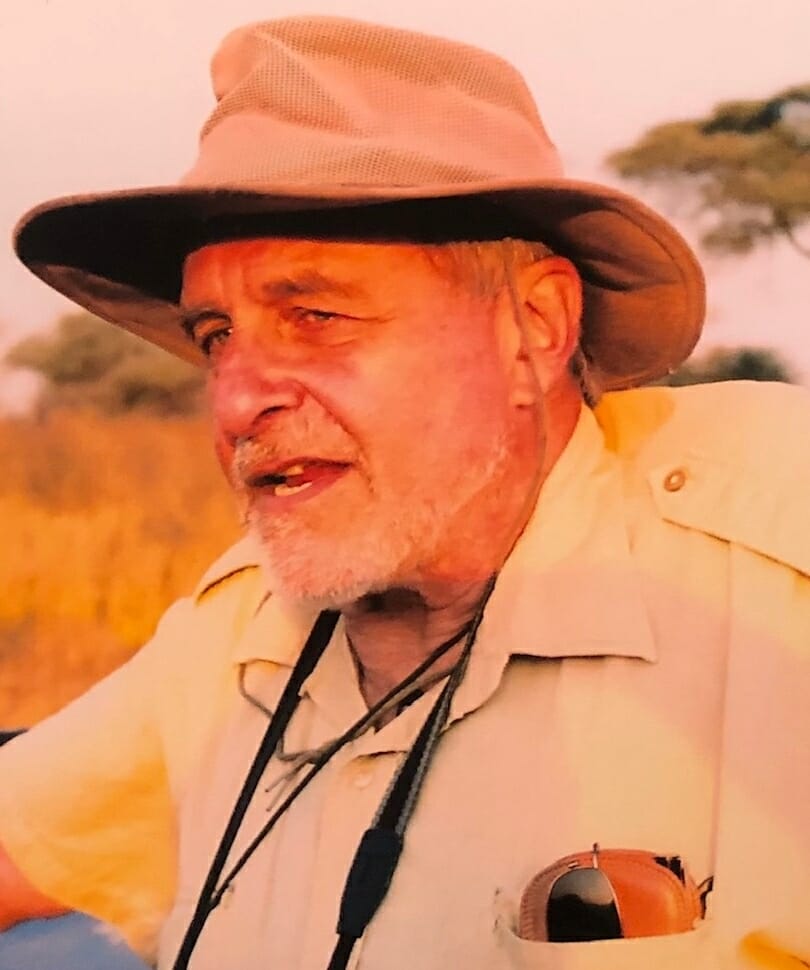Hyenas’ safari
BY PROFESSOR JEFFREY FADIMAN

In this new excerpt from his book “Sixty-one years on safari—How a White American carries on his decades-long love affair with Africa,” Jeffrey Fadiman, a professor of Global Marketing at San Jose State University in California, and a Language and Area Specialist for Eastern and Southern Africa, shares his hair-raising experience about the rare scene of men feeding hyenas in Djibouti.
I grew interested in hyenas when I met the Old Hyena Man, while on safari in Djibouti. This tiny nation lies in Northeast Africa near Somalia. It is dirt-poor, producing nothing beyond camels, cows. sheep and goats. It has no minerals. It draws no tourists. Thus, I felt lucky to bump into the only other American in the country. He was a tall, thin African American college student, perhaps with Djibouti relatives, since he looked like Djibouti men and had mastered both the Colonial and local African dialects.
THE OLD HYENA MAN
On acquaintance, he told me about the Old Hyena Man, who walked out every evening to the edge of town, carrying a bag of bones and meat scraps he had scavenged from his walking rounds within the city. For that reason, local gossip had dubbed him “Old Hyena Man” and made it a virtue to contribute meat and bones when he passed by. Throughout Africa, old people without living kin often live from community charity. I wondered if he had adopted his unusual profession, so he could live off some of the meat.
On leaving the city, so my acquaintance said, he was met by an entire horde of hyenas who faced him as he fed them bones and scraps. The old man had allowed my new acquaintance to come with him and stand behind him as the horde ate. In turn, the American invited me
We three walked that night to the edge of the city. As usual, I was outwardly calm and inwardly scared. The hyenas were waiting as we left the urban zone; setting up a non-stop, caterwauling chorus of yowls, growls and hyena-laughter. I have no idea how many there were, but more than I had ever seen together in my life.
I stopped short, too intimidated to go on. The old man and tall American walked onward, stopped and slowly lobbed the bones and meat into waiting jaws. I was so intimidated that I didn’t even get a picture; nonetheless I came away impressed. How did the hyenas learn that these two guys were both un-dangerous and a daily food supply?
__________

Jeffrey A. Fadiman, 85, is a professor of Global Marketing at San Jose State University in California, and a Language and Area Specialist for Eastern and Southern Africa. A graduate of Stanford University with two years at the Universities of Vienna and Free Berlin, this Fulbright scholar taught both U.S. and global marketing tactics at South Africa’s University of Zululand. He first experienced Africa in 1960 by canoeing up the Niger River to Timbuktu. Thereafter, he lived in Meru, Kenya, where he rediscovered the traditional history of the Meru tribe, which had been crushed by British Colonialism. Fifty years later, the Meru accepted him as the first White Elder of their nation. Professor Fadiman has supported both Tanzanian AIDS orphans and the schools to which he sent books, pens, paper, and hope.

